
Attack of the drones: 27 killed in just three days as U.S. increase strikes in Pakistan
From Truther
- There have been eight U.S. drone strikes in the past two weeks
-
Attacks have been a source of deep frustration and tension between the U.S. and Pakistan
-
Administration officials say that Mr Obama and top security officials regularly consult on adding militants to a drone ‘kill list’
- U.S. president personally approves or vetoes each strike
The strike targeted a militant hideout in the Hesokhel village of the North Waziristan tribal region, officials said.
It brought the death toll from drone attacks in Pakistan in the past three days to 27.
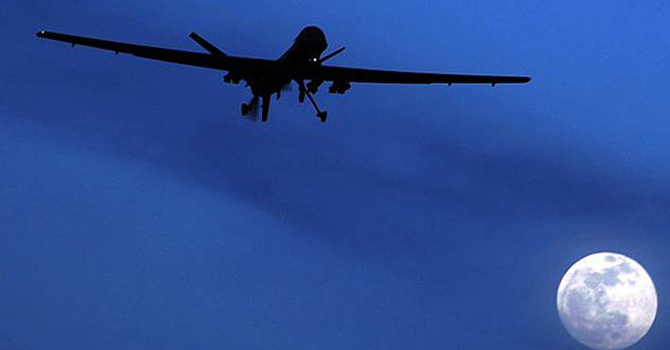
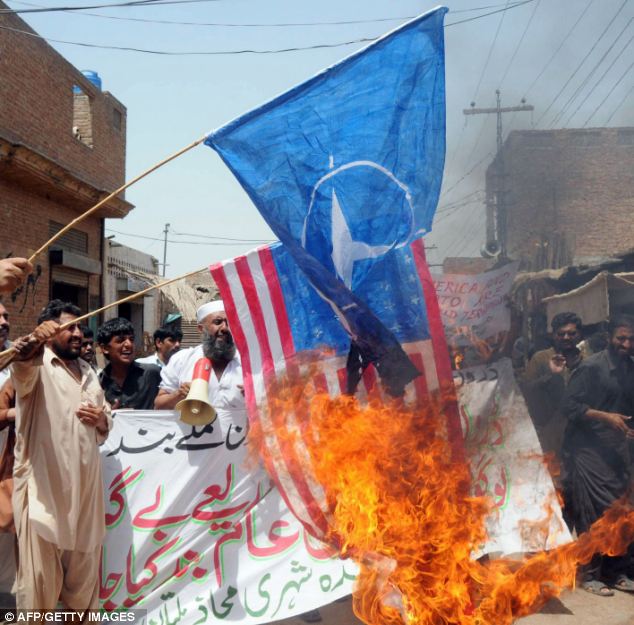
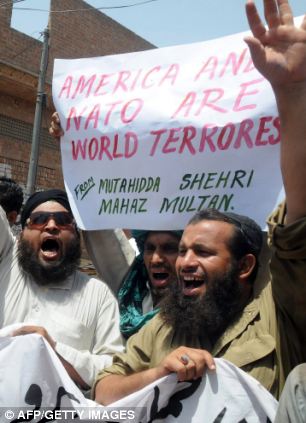
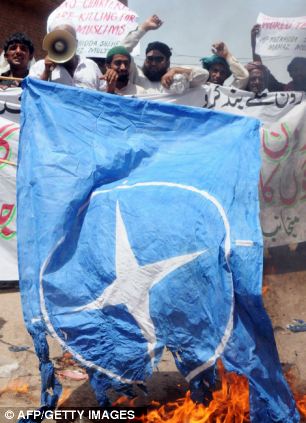
Public outrage: Pakistani protesters shout anti-U.S. slogans in anger at the recent strikes
Pilotless U.S. drones hit targets in the South Waziristan tribal region on Saturday and yesterday.
Today Pakistani protesters took to the streets, shouting anti-U.S. slogans during a demonstration in the city of Multan.
They burnt both U.S. and Nato flags as they chanted and their hand-drawn signs had slogans stating ‘America and Nato are war terrorists.’
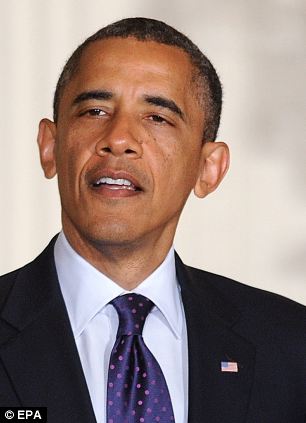
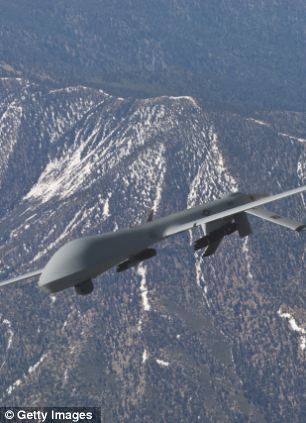
Administration officials told the New York Times that Mr Obama and top security officials regularly consult on adding militants to a drone ‘kill list’ – and said the U.S. president personally approves or vetoes each strike
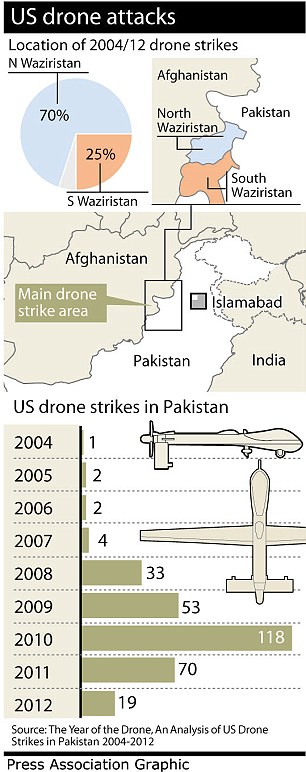
It was the seven American attack over the past two weeks and emphasised the importance President Barack Obama puts on the campaign, which his military chiefs consider to be a vital tool in the war against al-Qaeda and the Taliban.
Administration officials told the New York Times that Mr Obama and top security officials regularly consult on adding militants to a drone ‘kill list.’
They also said that the U.S. president personally approves or vetoes each strike
The attacks have been a source of deep frustration and tension between the U.S. and Pakistan.
The Pakistan government says the CIA drone campaign fuels anti-American sentiment in the country, and is counterproductive because of collateral damage.
U.S. officials, however, say such strikes by the remotely piloted aircraft are highly effective against militants and are an important weapon in war against militancy.
They are locked in difficult negotiations to re-open overland supply routes to NATO forces in Afghanistan, with no signs of a breakthrough.
Islamabad blocked the routes last November in protest at the deaths of 24 Pakistani soldiers in a ‘friendly fire’ incident involving NATO aircraft.
The supply lines through Pakistan are considered vital to the planned withdrawal of most foreign combat troops from Afghanistan before the end of 2014.
Secretly, many Pakistani military commanders are believed to support the raids, but among the Pakistani public, where the U.S. is viewed with mistrust, the drone strikes are considered an affront to their sovereignty.
Pakistan has demanded an apology over the Nato raid and an end to drone strikes against militants along the Afghan border before they will reopen the supply lines.
Meanwhile, Canada has defended the use of drone attacks, claiming technological advances have reduced civilian causalities.
National Defense Minister Peter Gordon MacKay told an Asian security summit that the ‘intelligence, surveillance and reconnaissance capabilities we saw in Libya and Afghanistan prove the effectiveness’ of unmanned systems.
Canada’s military has participated in the U.S.-led decade-long war in Afghanistan and also in NATO strikes in Libya last year.
